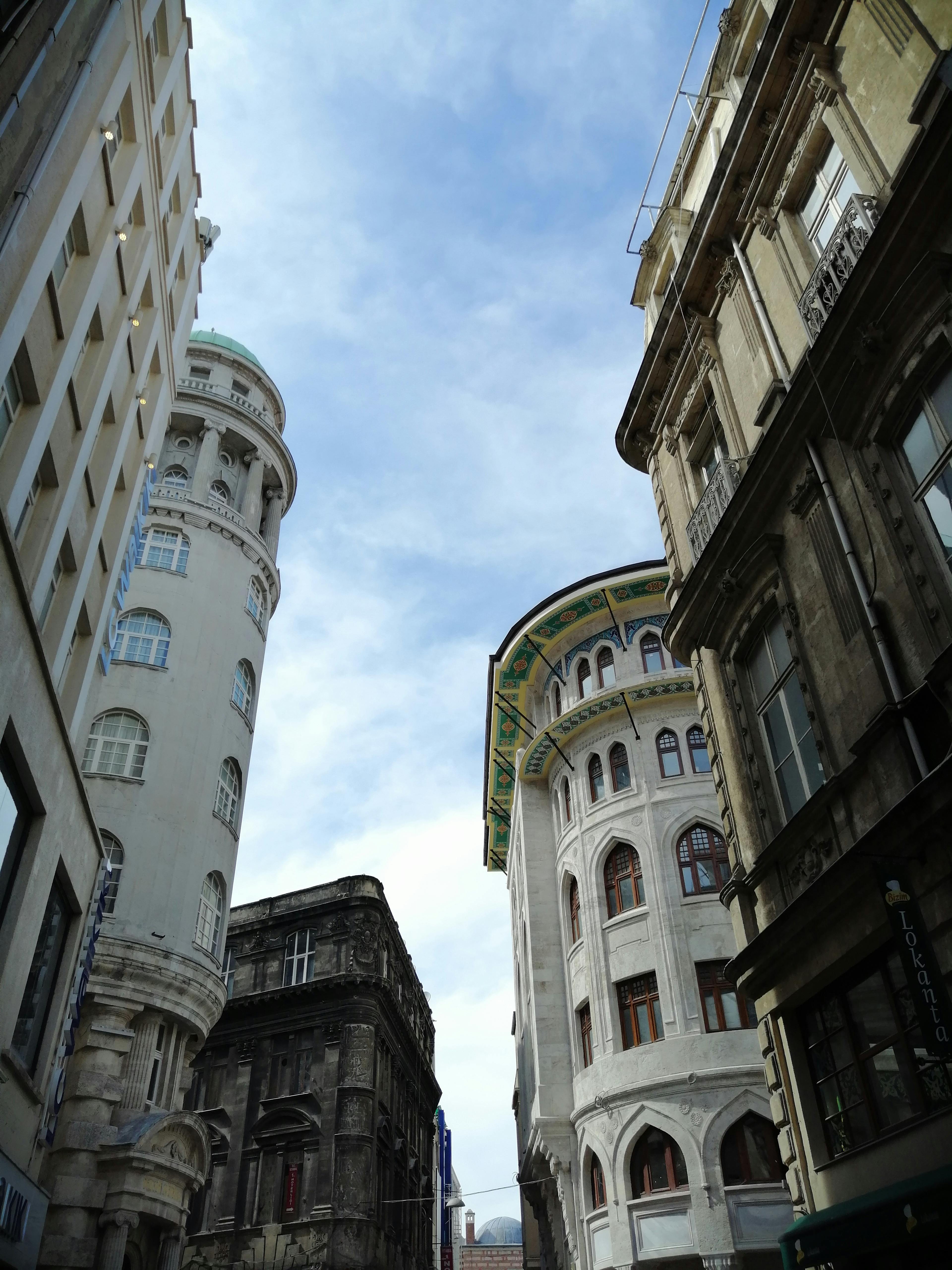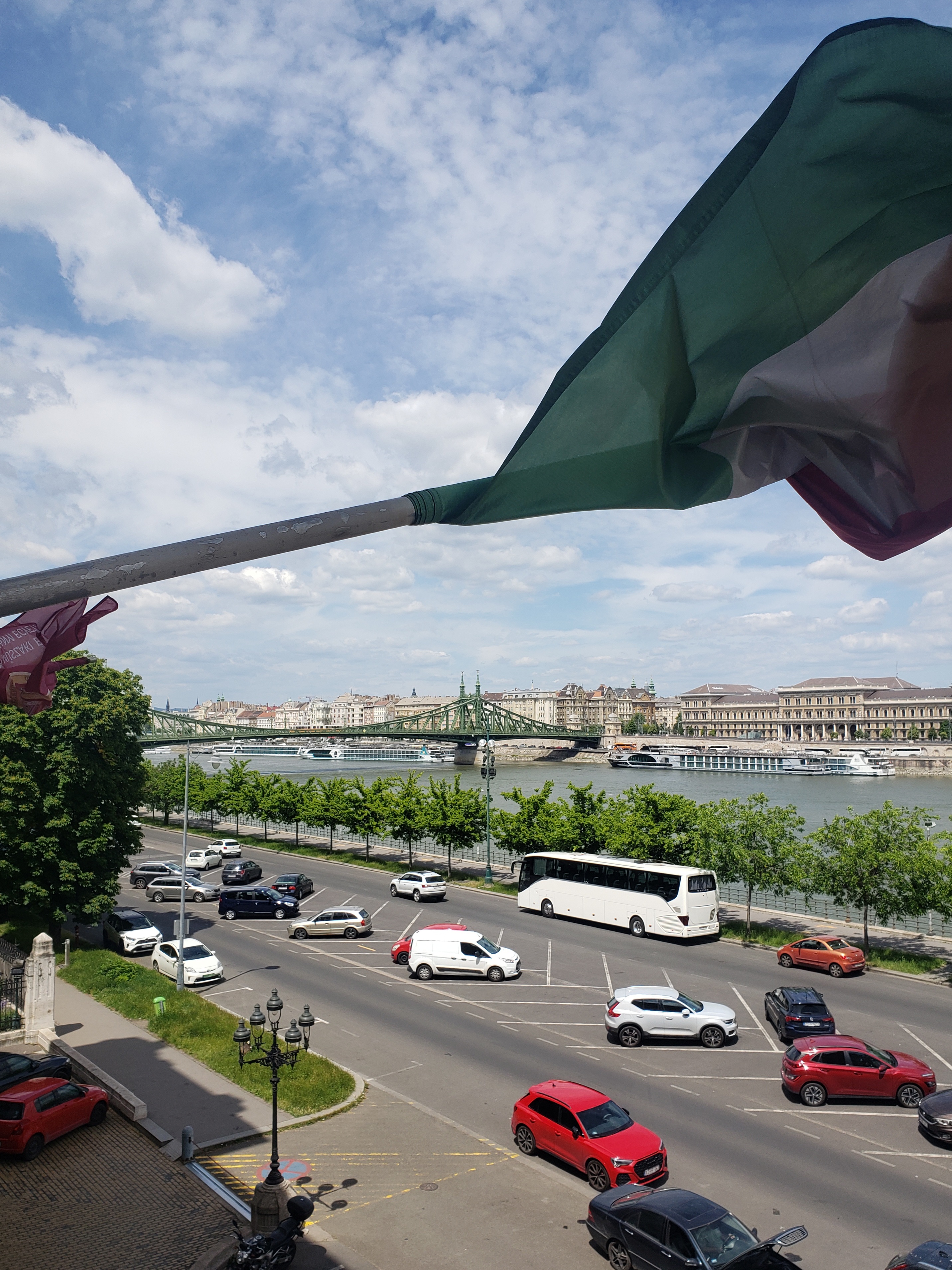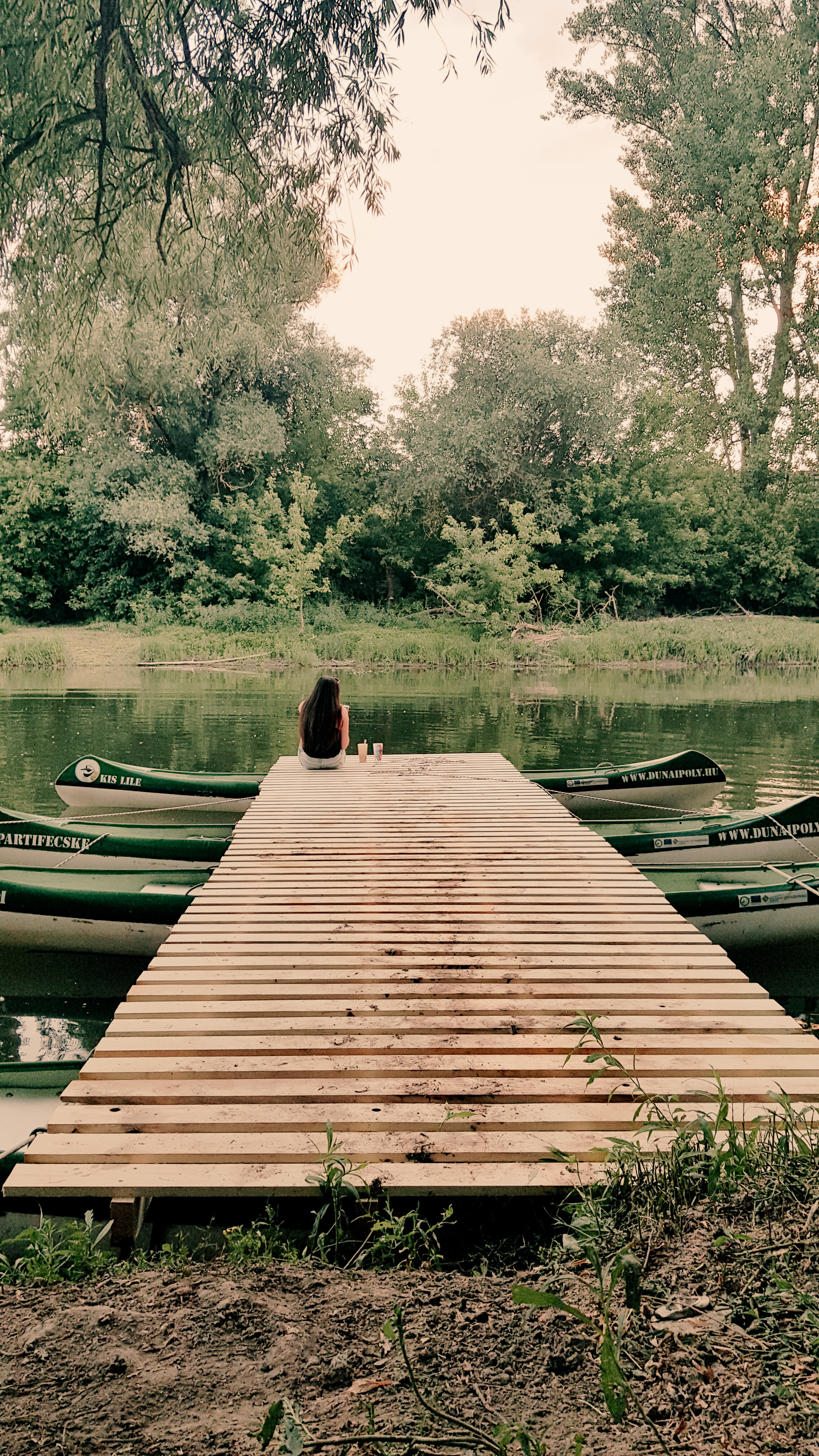
PlaceCRAFT
PlaceCRAFT – Places for Community Revitalization with Rural Focus builds on the collaboration of 12 partners from diverse sectors, including universities, tourism associations, municipalities, and NGOs, alongside 18 associated partners. Drawing on insights from DANUrB and DANUrB+ Interreg Projects, this project aims to unlock the untapped heritage potential of rural Danube communities and support their sustainable revitalization.
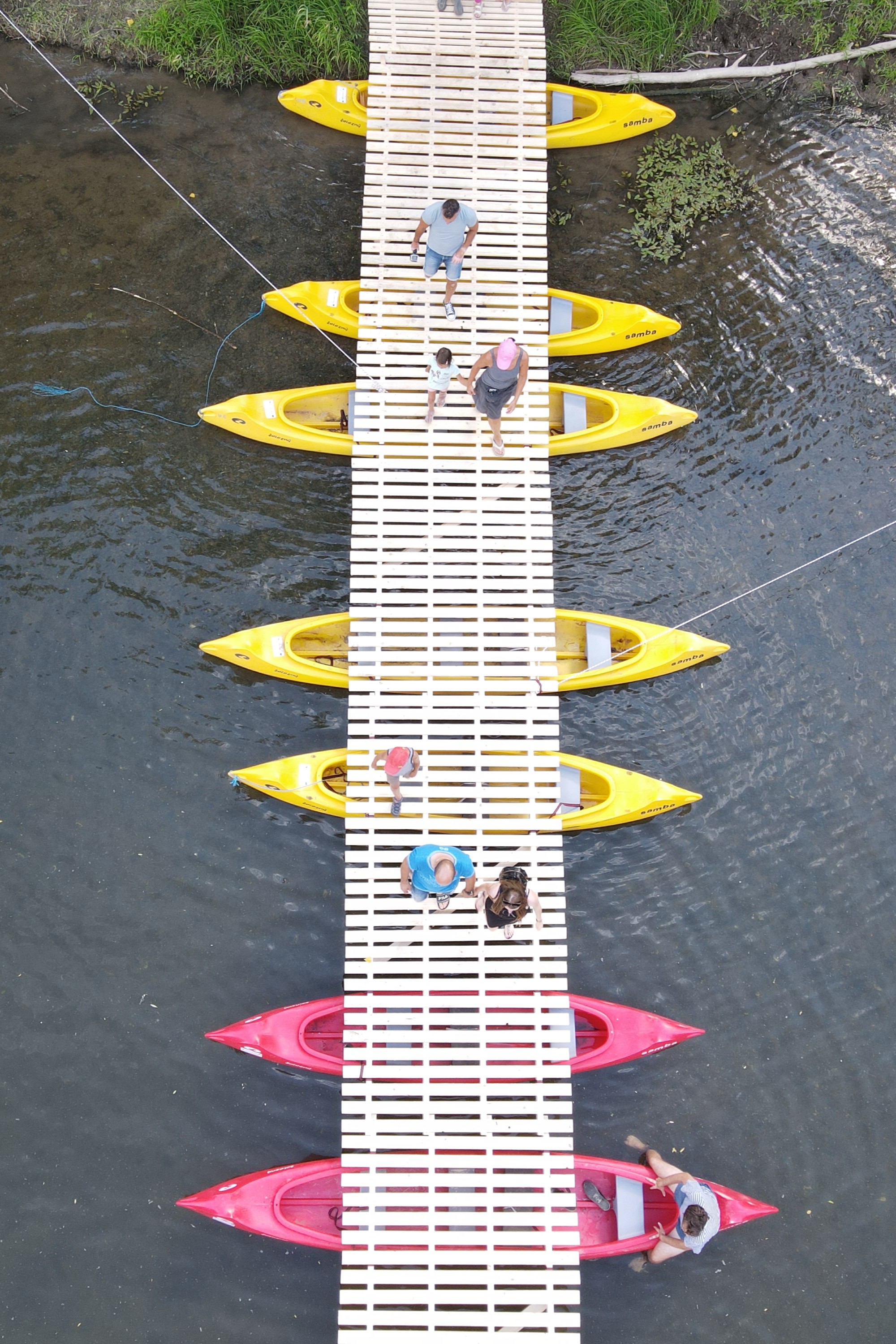
Across the Danube Region, many rural settlements, particularly in disadvantaged areas, struggle with a lack of community spaces. This issue stems from ongoing demographic and economic decline, which often forces residents to rely on nearby urban centres for cultural and social activities. The result is a growing socio-spatial imbalance, with rural areas experiencing a sense of emptiness and reduced community engagement and tourism potential.
This challenge is particularly acute in multicultural villages, where, in addition to economic and infrastructural issues, communities must navigate cultural differences. Although multiculturalism should highlight the rich heritage of coexisting nationalities, it is often seen as an obstacle to development, reinforcing isolation and even nationalism. However, with the right support from nearby urban centres, these same villages have the potential to serve as vibrant cultural crossroads.
Our aim:
This project aims to revitalise community life in rural, multicultural Danube settlements by developing a sustainable socio-economic placemaking model rooted in local cultural heritage and community-based tourism.
Five pilot villages located in Hungary, Croatia, Serbia, Romania and Bulgaria will serve as testing grounds for this approach. We believe that meaningful, long-term change must be co-created with local residents, combining traditional knowledge with innovative methods in culture, design, and community development.
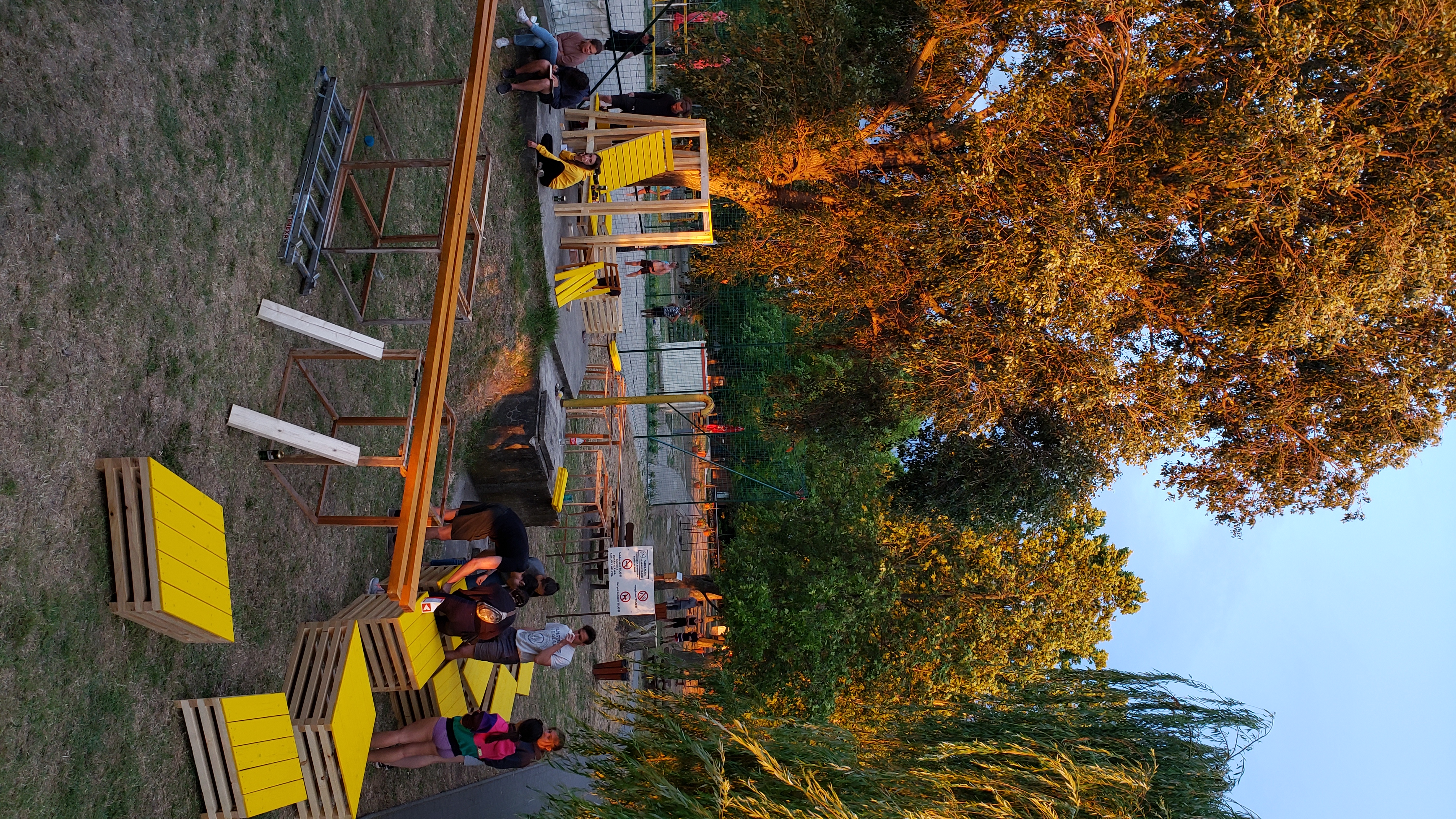
Our approach:
The project unfolds in two main steps, across two levels of engagement.
I. International Knowledge Transfer & Learning Hubs
- An open call and residency programme will bring together the best practices from the Danube region.
- Local learning hubs will be established in each pilot village to build the capacity of residents, municipalities, institutions and entrepreneurs.
- The emphasis will be on participatory design, artistic research and community programming.
II. Local implementation of pilot placemaking projects:
- Each village will carry out a site-specific community project designed collaboratively in Step 1.
- The focus will go beyond physical improvement — intangible outcomes such as stronger community ties, local pride and a shared sense of ownership will be just as important.
- The projects will highlight tangible cultural heritage, such as buildings and spaces, as well as intangible cultural heritage, such as stories, traditions and crafts.
Why focus on culture and contemporary art?
The project is founded on the belief that cultural heritage must be made accessible and engaging for today's society. All too often, heritage is perceived as static or outdated, failing to resonate with younger generations or tourists. By integrating contemporary art, we aim to present cultural heritage in a fresh and relevant way, sparking dialogue, creativity and renewed local interest.
Long-Term Impact
The regenerated heritage sites will be co-managed by local decision-makers, community members, businesses and institutions to ensure long-term sustainability. These sites will also be integrated into regional tourism networks using a service design approach to enhance their visibility and economic viability.
The project will produce:
- an innovative co-creation model for rural placemaking
- Pilot strategies tailored to specific community contexts
- A handbook of rural placemaking to share insights and tools.
- Regional and interregional capacity building to extend the model’s impact.
By bridging the gap between heritage and contemporary life, rural and urban spaces, and different cultural groups, the project aims to create a more connected, inclusive and vibrant Danube region.
News & Events
Read the most recent updates and explore the upcoming events.
Project overview
Start date:
01 April 2025
Status: ongoing
End date:
30 September 2027
€1,340,000
budget
80.00 % funded by
Interreg Funds
5
countries
12
partners
Find the project on social media
Need any help? Contact us!

Ágnes Telek
project manager

